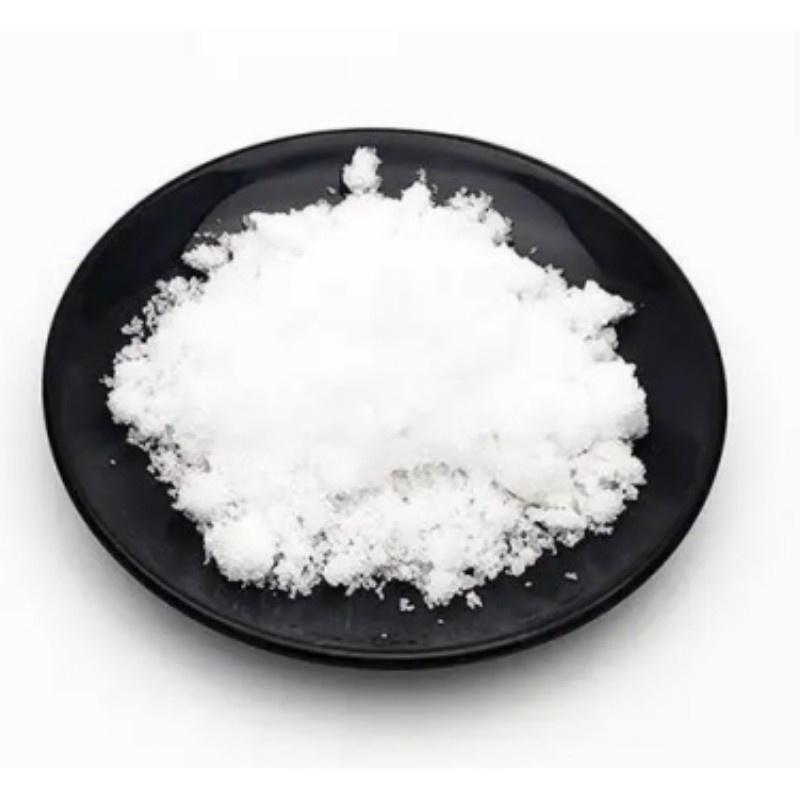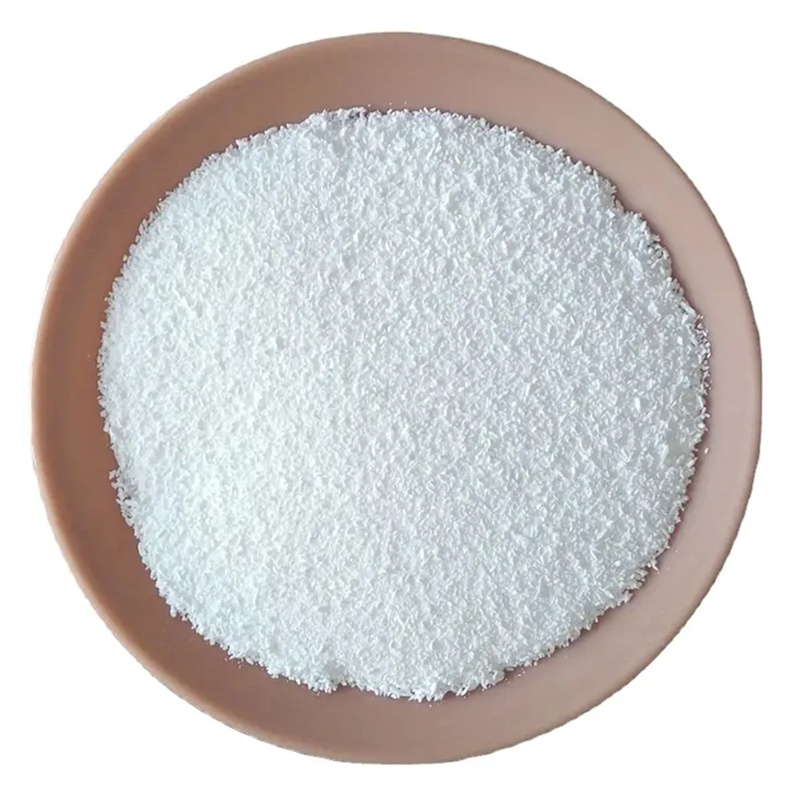Arginine, or L-arginine, is an amino acid that is made in the body. As a supplement, it seems to help with several conditions, from migraines to inflammation. Your body typically makes all the L-arginine it needs and it is in most protein-rich foods such as fish, red meat, poultry, soy, whole grains, beans, and dairy products.
Why do people take arginine? Creatine Monohydrate 200 Mesh

Because it relaxes blood vessels, arginine might have cardiovascular benefits for some people. Studies show that it might ease the symptoms of angina and peripheral arterial disease. It seems to boost the health of people with heart failure. It might also help with erectile dysfunction, but mostly when combined with other supplements such as pine bark extract. Some studies have shown an immune-boosting effect.
Arginine may also combat the symptoms of weight loss caused by HIV. It seems to improve the symptoms of kidney inflammation and assists kidney function after a transplant. Studies show arginine might ease migraines, improve blood pressure, and lessen recovery time after surgery.
Not all studies have been positive. Arginine does not seem to help with heart attack recovery, preeclampsia, wound healing, or exercise tolerance in people with heart failure. It seems to worsen asthma.
Arginine has been studied as a treatment for many more conditions. They include dementia, hypertension, cancer, male infertility, diabetes, and obesity. But the results have been inconclusive. More research needs to be done to substantiate all of the potential benefits.
Arginine has become a popular supplement in the U.S. However, most people seem to have enough arginine in their bodies already. They might not get many benefits from supplements. It can be taken orally, intravenously, or topically.
How much arginine should you take?
There is no standard dose of arginine. Studies have used different amounts for different conditions. One common dosage is 2 to 3 grams three times a day, although lower and higher doses have also been studied. The safety of long-term arginine supplement use is not clear. Ask your doctor for advice.
In some cases, doctors recommend supplemental arginine. People with protein malnutrition, burns, infections, rapid growth, and other conditions might benefit from supplemental arginine.
Can you get arginine naturally from foods?
Many foods are natural sources of arginine. They include nuts (like walnuts, hazelnuts, pecans, peanuts, almonds, cashews, and Brazil nuts), seeds (like sesame and sunflower), oats, corn, cereals, buckwheat, brown rice, dairy products, meat, chicken, and chocolate.
What are the risks of taking arginine?
Given the uncertain risks, arginine should not be used by children or by women who are pregnant or breastfeeding without a doctor's approval.
Fundukian, L., ed.The Gale Encyclopedia of Alternative Medicine, Third Edition,
Memorial Sloan-Kettering Cancer Center web site, “About Herbs: Arginine.”
National Center for Complementary and Alternative Medicine web site: “Herbs at a Glance: Arginine.”
Natural Medicines Comprehensive Database web site: “Arginine.”
Natural Standard Patient Monograph: “Arginine.”

Amino Acid © 2005 - 2023 WebMD LLC, an Internet Brands company. All rights reserved. WebMD does not provide medical advice, diagnosis or treatment. See additional information.